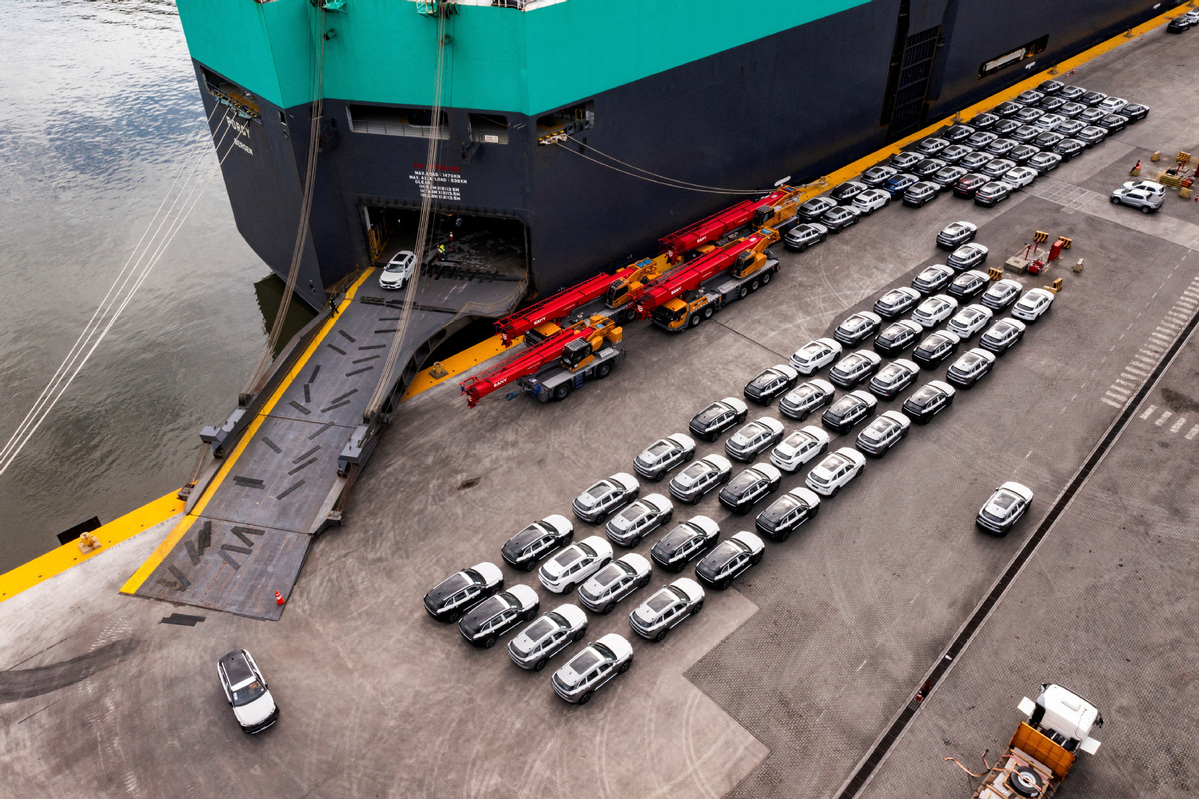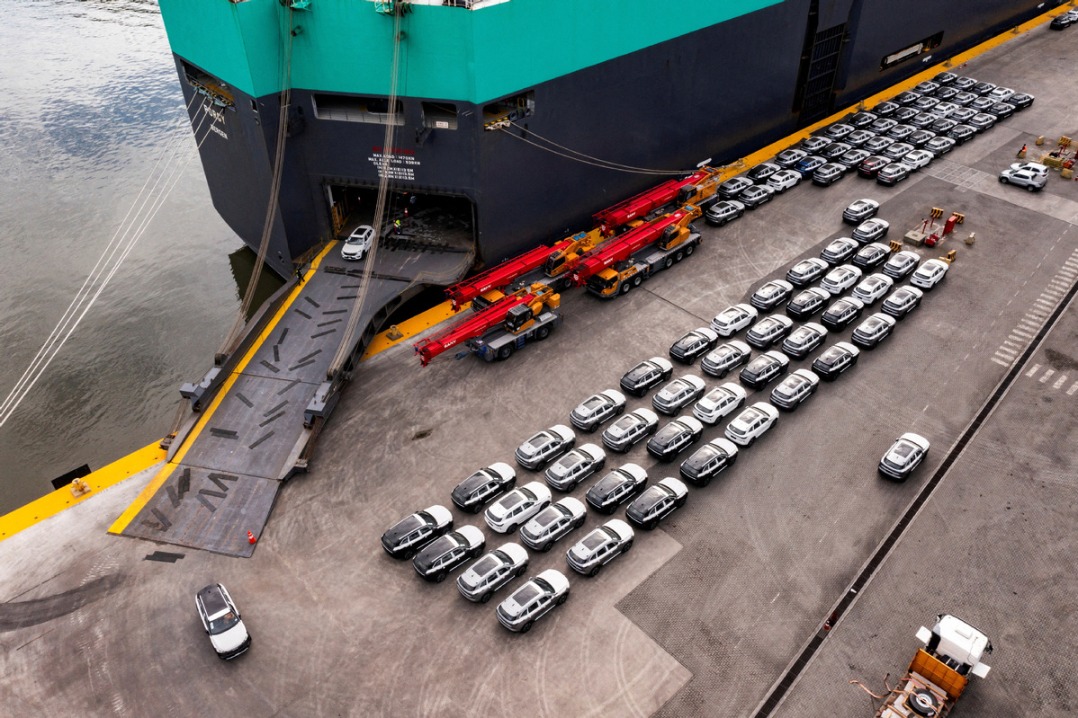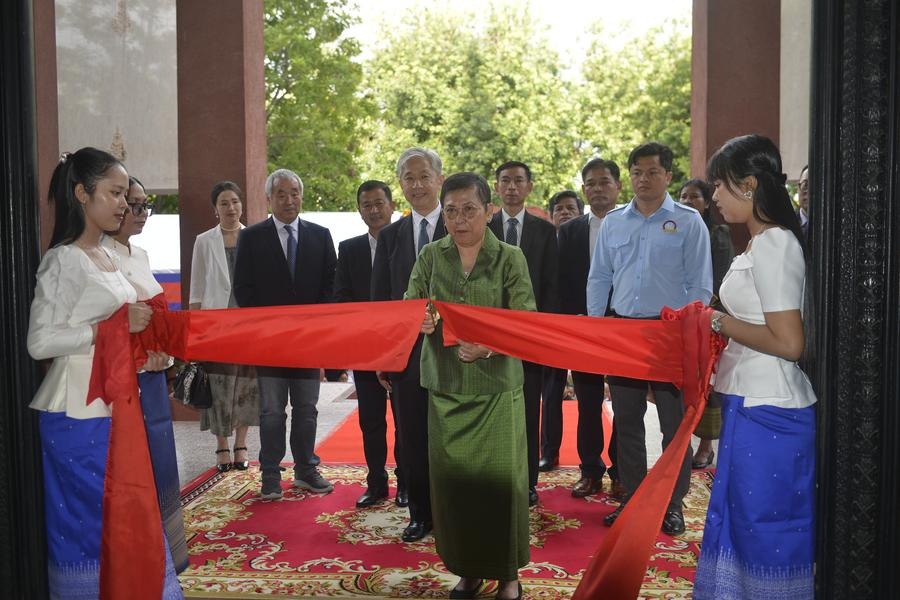Brazil hit by tariff uncertainty


Despite the easing trade tensions between China and the United States following the meeting of their presidents in late October, the damage from the US-initiated trade war has been done, creating uncertainties and shaking investor confidence, analysts said.
And as a major South American trader, Brazil has been exposed to the tariffs imposed by Washington.
Raquel Nadal, deputy secretary for macroeconomic policy at Brazil's Ministry of Finance, said that at the moment, predictability, which ensures healthy market conditions, is still lacking due to the US administration's changeable tariff policy.
"If you don't have predictability about what and under what conditions you will export, you don't invest. These (US) tariffs are very harmful," Nadal said. "The risk is not tied to any specific rate, but to the uncertainties that affect growth and can harm Brazil by influencing commodity prices — especially those largely exported to China."
One constant concern, Nadal added, is Brazilian soybeans. "If China eventually uses soybean sales as leverage in negotiations with the United States, prices could fall in the international market. That would affect Brazil's trade surplus with China, which is essential for maintaining a positive trade balance," she said.
According to attorney Vivian Fraga, a partner and specialist in regulatory affairs at TozziniFreire, a Brazil-based international legal service provider, the US tariffs affect investors on a global scale because they reshape supply chains and increase costs across multiple sectors.
"Even companies without direct exposure to the US end up being affected, as the impacts ripple through suppliers and customers worldwide," said Fraga.
Evandro Menezes de Carvalho, an international law professor at Fluminense Federal University in Rio de Janeiro, said the US administration's trade war runs contrary to the spirit of the World Trade Organization, which aims to reduce tariff barriers to stimulate international trade and foster economic development.
Carvalho noted that China is capable of handling US tariff wars. "China's ability to respond economically forces the United States to feel the cost of its foreign policy."
Carvalho stressed that the coming years will still see the US reaction to China's rise as a major global power.
Competition for technological leadership, for example, will keep the relationship fluctuating.
"We are seeing a process of deglobalization driven by the US and a re-globalization led by China through multilateralism," he said.
The writer is a freelance journalist for China Daily.
































